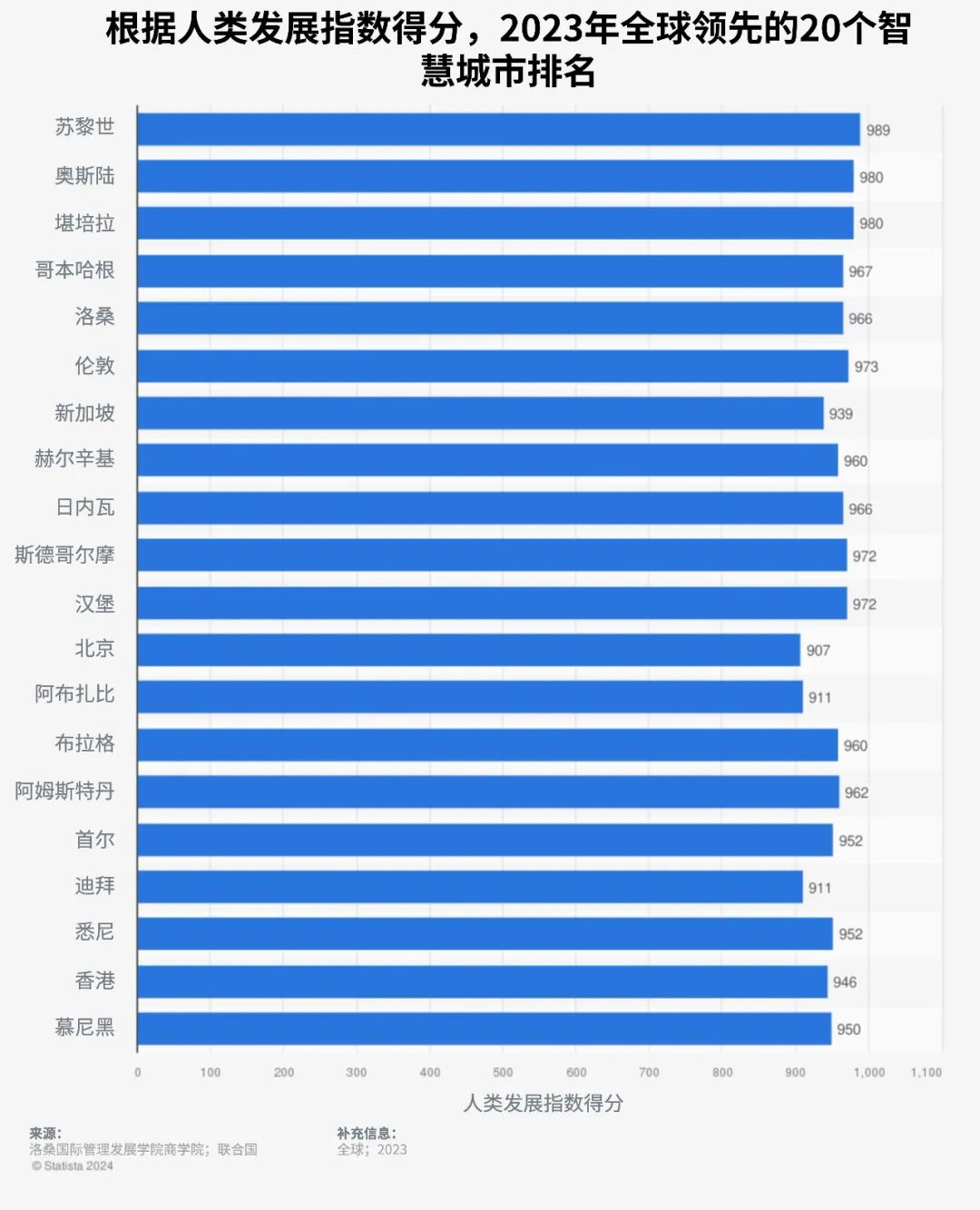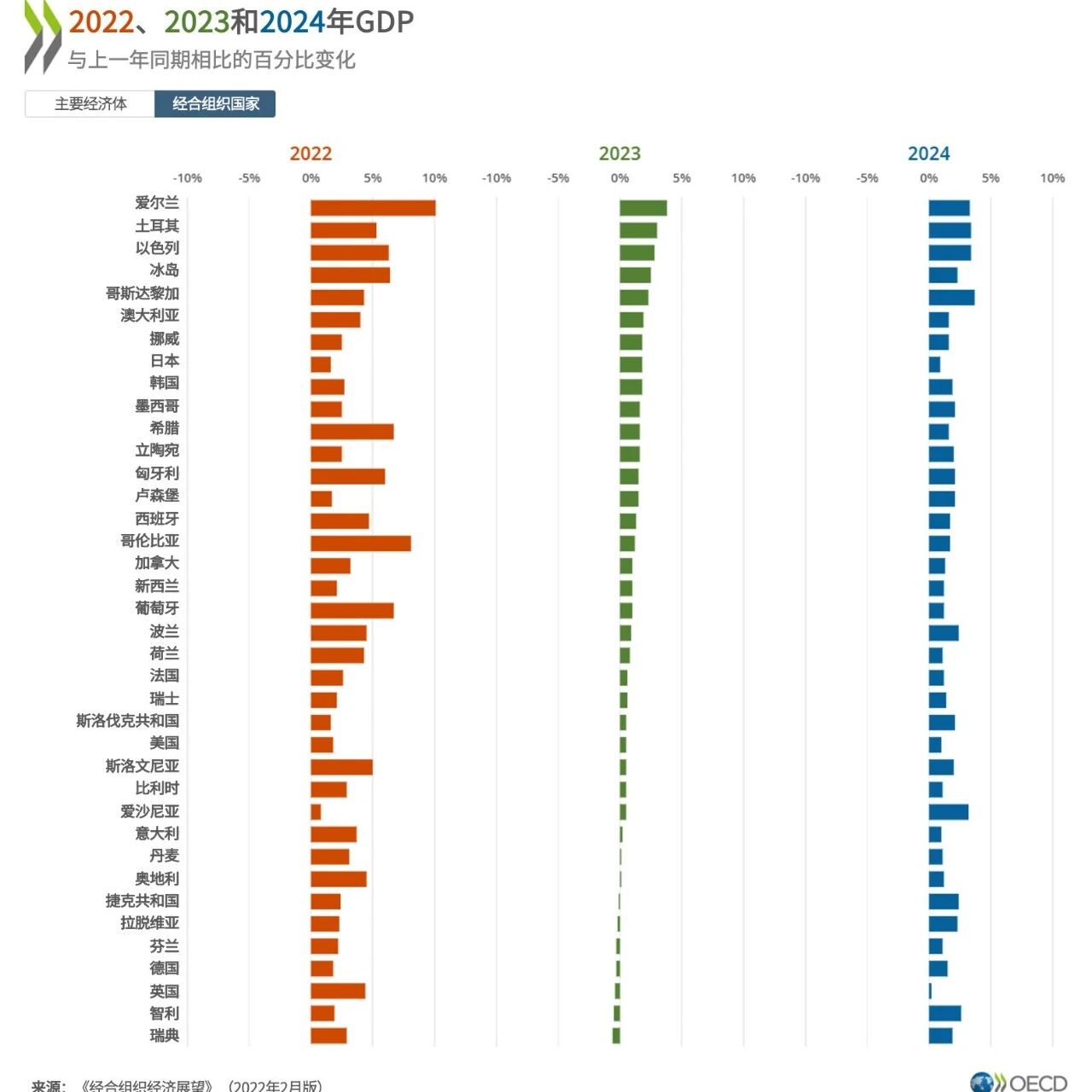Home/News/Following smart cities, these 5 cities are creatively leveraging generative AI./
Following smart cities, these 5 cities are creatively leveraging generative AI.
2024-08-12
,100
:Unsplash/Mike Enerio
Madeleine North
,
:Statista
,2019,“Boti”,202211100,“” (AI4SMM) Bernd Ensing,“”:“,,‘’”Self-driving cars have already been tested, with varying degrees of success. Now, a new type of self-driving truck is undergoing trials between Dallas and Houston in Texas, USA. What sets it apart from conventional self-driving vehicles is that it’s been trained using generative AI.According to MIT Technology Review, standard self-driving cars rely on data and images to plan routes and detect objects, while the new Copilot4D system uses LiDAR sensors for training, enabling it to measure object distances and continuously "visualize a 3D map of the vehicle's surroundings." This allows the vehicle to anticipate what will happen in the next 10 seconds, helping it predict potential issues in advance.Raquel Urtasun, CEO of Waabi, the autonomous driving company behind this innovation, said their "AI-first" approach means the system "learns from data" rather than "being programmed to react to specific scenarios."The Toronto Globe and Mail reports that if these next-generation AI-powered vehicles prove to be safer and more reliable than their predecessors, they could help address a range of pressing issues—such as supply chain disruptions, carbon emissions, and labor shortages.Boston: Looking Ahead to the Future of a Bicycle-Friendly CityBoston, USA, is aiming to create a more bike-friendly environment, and planners have long looked to Copenhagen, Denmark, as a model worth emulating. But locals are concerned about how these changes might impact their own city—and not everyone can hop across the Atlantic to see firsthand what a city like Copenhagen looks like. Now, generative AI is helping Boston residents visualize—and hopefully come to embrace—a radically different urban layout.MIT Professor of Urban Studies and Transportation, Jin-Hua Zhao, stated at the forum: "With the help of generative AI, we can seamlessly integrate Copenhagen-style bike infrastructure into Boston's existing infrastructure and urban landscape. This way, as we roll out and expand our cycling network, Boston residents will truly begin to envision what our city could look like."The above content solely represents the author's personal views.This article is translated from the World Economic Forum's Agenda blog; the Chinese version is for reference purposes only.Feel free to share this on WeChat Moments; please leave a comment below the post if you’d like to republish.
Editor: Wang Can
The World Economic Forum is an independent and neutral platform dedicated to bringing together diverse perspectives to discuss critical global, regional, and industry-specific issues.
Follow us on Weibo, WeChat Video Channels, Douyin, and Xiaohongshu!
"World Economic Forum"






